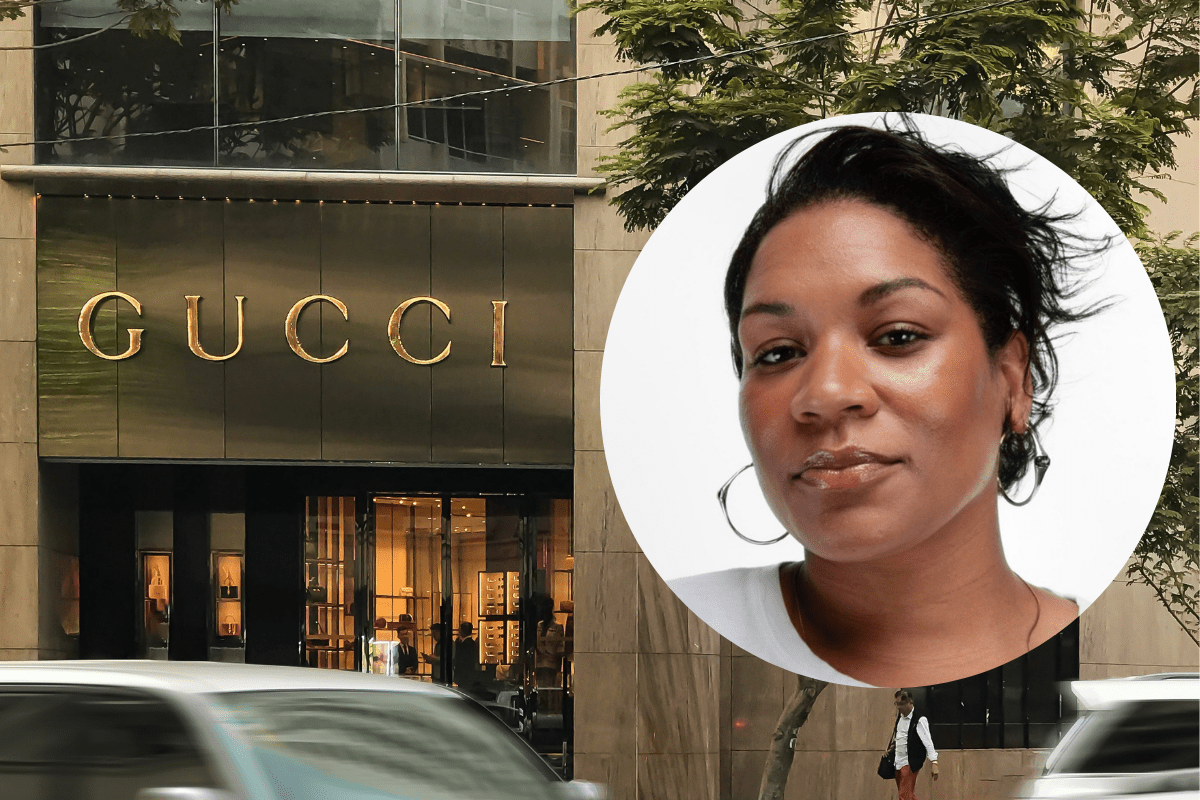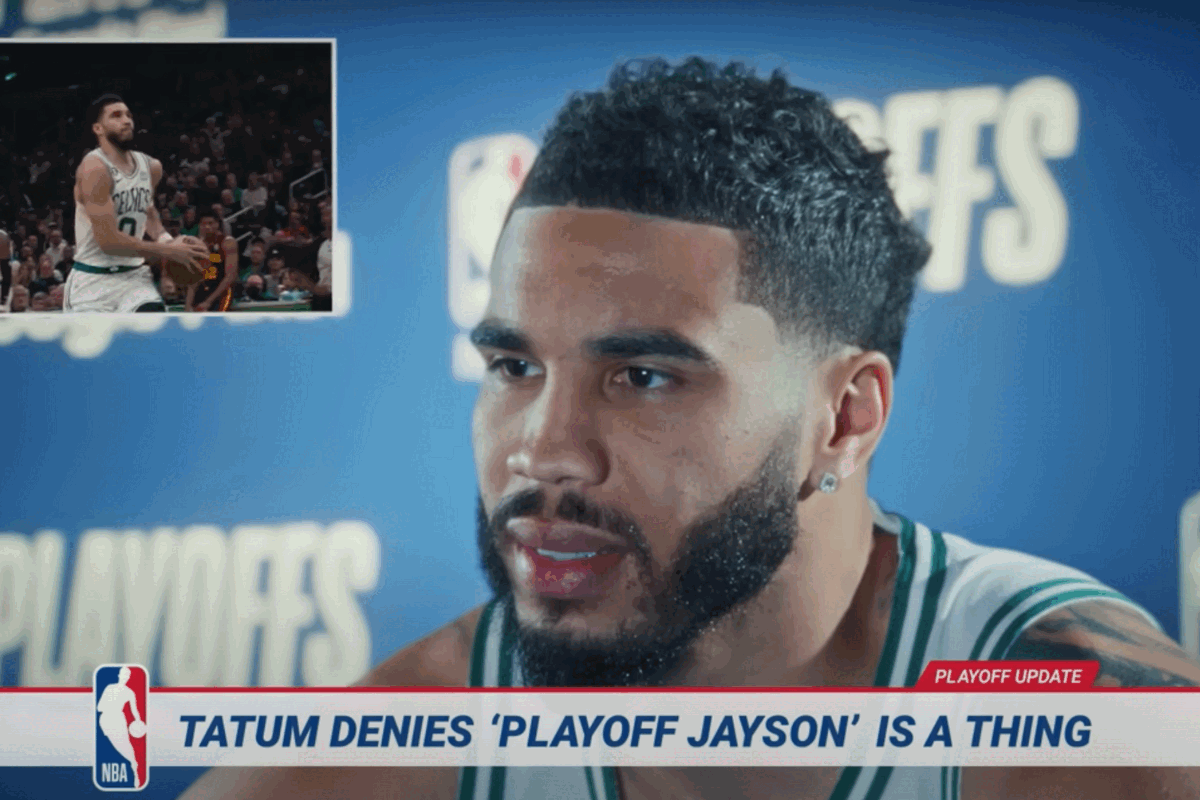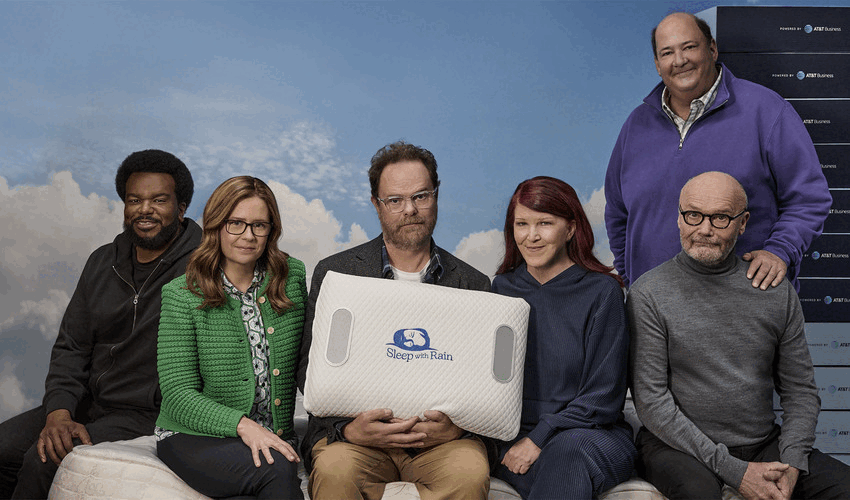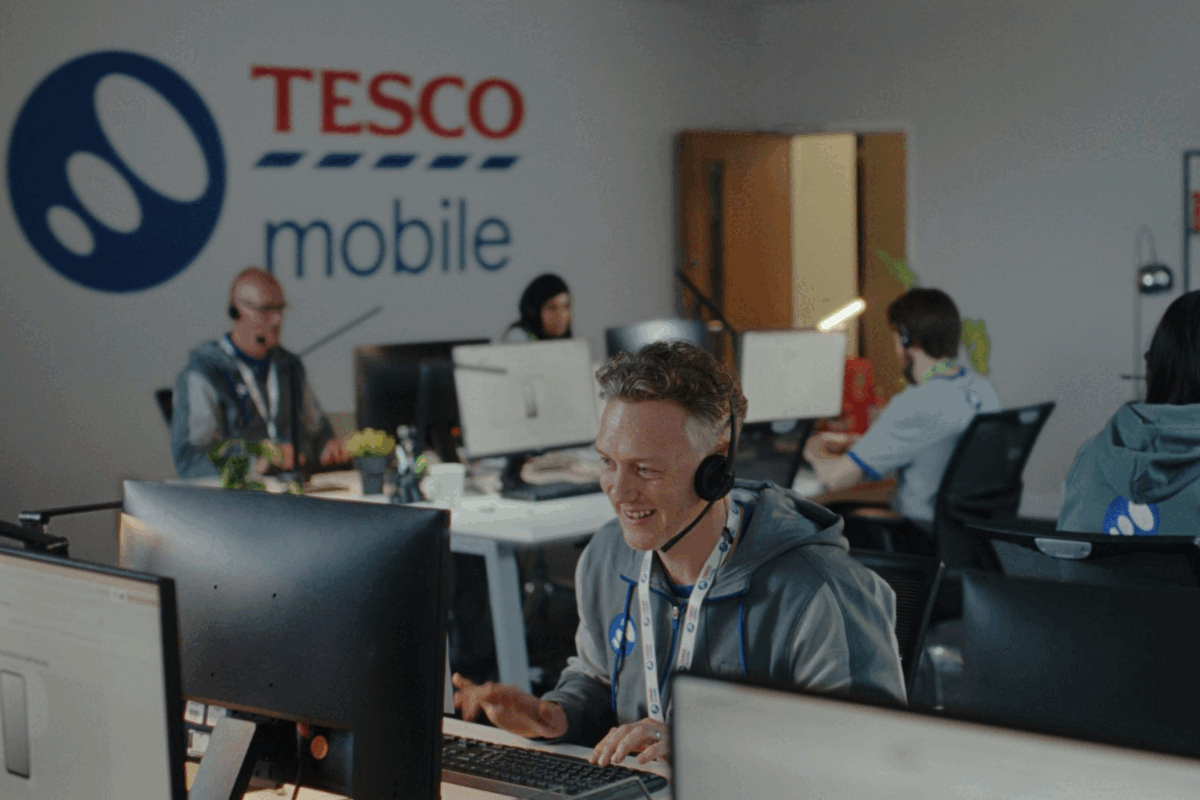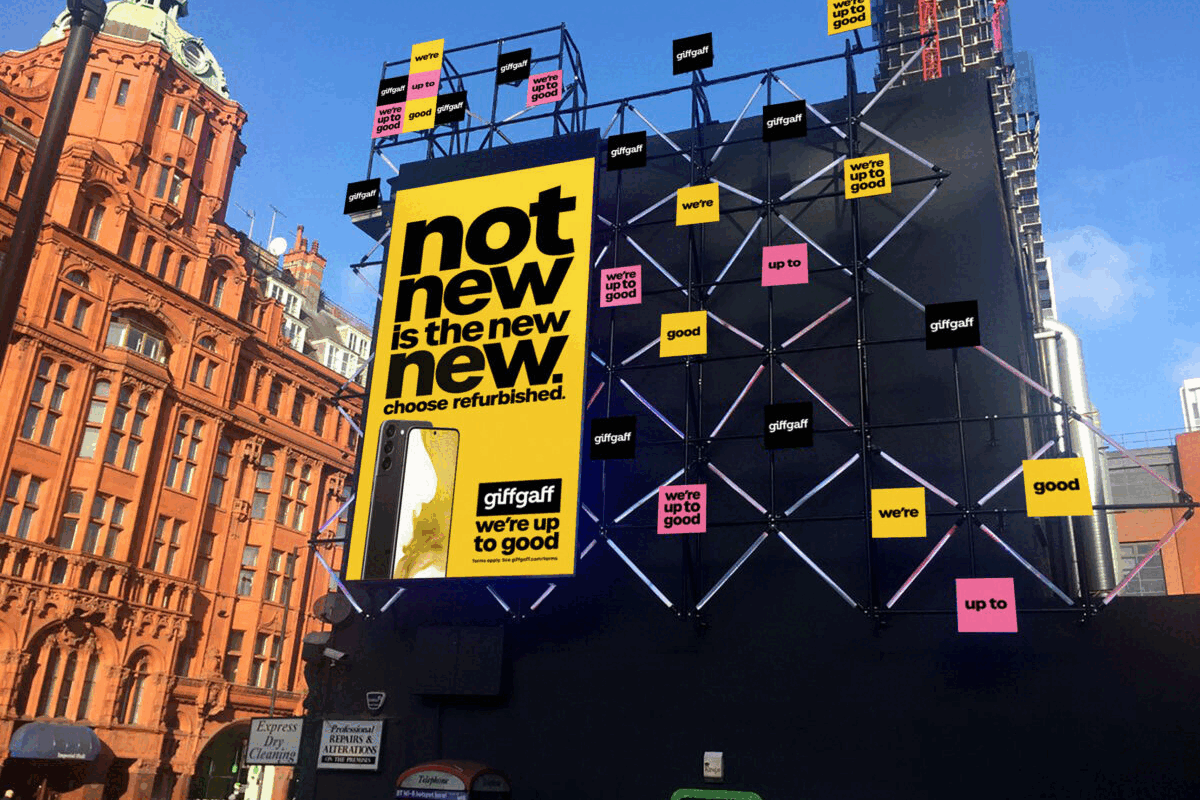Young adults appreciate the need for internet ads, but want control: report
- Tuesday, May 21st, 2019
- Share this article:
 The vast majority of young adults understand the importance of advertising to ensuring the internet continues to remain available in the same capacity, but the invasive nature of advertising means they will continue to make use of ad- or content-blockers.
The vast majority of young adults understand the importance of advertising to ensuring the internet continues to remain available in the same capacity, but the invasive nature of advertising means they will continue to make use of ad- or content-blockers.
A study of 2,023 UK adults, commissioned by Adblock Plus maker Eyeo and conducted by YouGov, found that 90 per cent of 18- to 24-year olds are aware of the need for advertising on the internet. However, the 53 per cent of the respondents, which included 878 adblocking users, said they believe online advertising will remain invasive and require them to continue using adblockers.
31 per cent of 18- to 24-year olds expect advertisers to develop better quality forms of advertising, while 23 per cent of all participants think users will be required to pay to view better quality content.
18- to 24-year olds represent the biggest adblocking user demographic – with 66 per cent having a type of adblocker installed on their devices. 91 per cent of these young adults would be ‘annoyed if a website disabled an adblocker without permission, and 70 per cent said they would be unlikely to return to a website which disabled their adblocker without permission.
“This is a generation in-tune with invasive advertising and are wary about the types of ads they expect to see in the future. But equally, this is also a generation provided with the means to better control their online experience with tools like content-filtering, ad-tracking and ad-blocking technologies,” said Ben Williams, director of advocacy at Eyeo.
“Consider the demographic of an adblocking user – young, educated, tech-savvy and employed with a higher-than-average salary. They are likely to make purchases online and even be influenced to do so by ads they’ve viewed online. Moreover, they spend more money on the web than non-adblocking users. While circumvention might appear a quick fix for a publisher enabling their ads to be reinstated, the reality is this could generate distrust which seeps into future generations.
“The focus really needs to be on creating a balanced ecosystem between advertisers, publishers and online users. The next generation recognises the importance of advertising to the future of the internet, so it’s imperative their voices are heard. Next-gen online users are prepared to enter into this improved value exchange – that is why we’re seeing ad-filtering replacing total adblocking. They want to remain in control of what content they see.”




